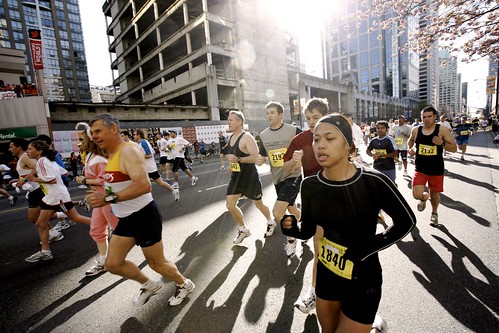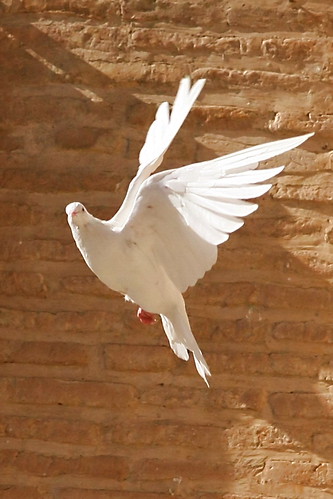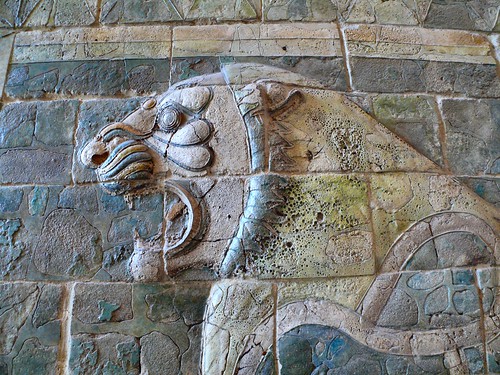
“I’d love to go back to when we played as kids but things changed, and that’s the way it is.”This past weekend my friend Amulya came up from Houston, TX to visit me, and see my new life in Portland. It was probably the best weekend of my life.
- Social activist Tupac Shakur
It was easy to plan because we more or less like the same things, so we basically did everything I’ve done in Portland that I thought was cool. This included biking everywhere in the rain, sitting on our laptops and chatting at coffee shops, perusing Powell’s bookstore while drunk, enjoying local beers at brew pubs, and of course, cute breakfast places.
At the end of the exhausting visit, we were sitting at the airport waiting for his delayed flight and drinking more tea. We were already reminiscing about the trip, and talking about deep things like soulmates and personal bests. Then, out of the corner of my eye, I caught a glimpse of a young couple walking around with a kid.
That quick glimpse was Amulya and I’s future. Like much of modern society, we would probably get married, have kids, and not have the luxury to just drop everything one weekend and do nothing but drink coffee, talk shit, and burn through a ton of cash.
Amulya reminded me of a couple wise things:
When we were kids, we loved playing Madden 04 at my house. If he had told me that when we went off to college we wouldn’t be able to do this anymore, I would have been sad, and feared the change. However, when we actually got to college it was a ton of fun visiting each other and catching up on each other’s lives.
In the future, if we only see each other once every blue moon, and we sit around drinking tea while our kids play with oversized blocks, that’d be fun.
If we live in the same city, and get coffee every Sunday morning and talk shit, that’d be fun too.
If we work in the same place and argue over budget cuts at office meetings, well, that’d be fun too.
Any number of options would really work, but of course, the question is: are any of the options ideal?
It’s hard to say, but I guess I’m starting to internalize the idea that different isn’t better or worse, it’s just, different. They are all great, they just take different kinds of appreciation. I feel like I’d much rather accept whatever situation I get put into as the best, and get as much as I can from it rather than pine for some vague made up notion of “ideal.”
It’s pretty hard, if not impossible, to compare how “good” an experience is. This past weekend was definitely a ton of fun, and I plan on referring to it as “the best weekend ever.” But can I really say it was more fun than the time he visited me at Kenyon? Or more fun than the time I surprise visited him at his favorite coffee shop at his college?
Maybe life is more along the lines of an Eastern way of thought, accepting each day as a god, taking everything it has to offer, and also just appreciating the meaning of everything.
All that said, I am really hoping to have a roommate next June.
from ken
Are you thinking about something? Write about it and post it here! Email me! ken.e.noguchi@gmail.com















